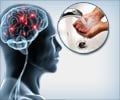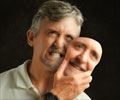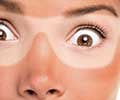About
Obsessive compulsive disorder (OCD) is an anxiety disorder characterized by anxious unwanted thoughts or behavior, which the patient is unable to control.
It strikes men and women in equal numbers and affects about 1 in every 50 people.

Obsessions are involuntary and seemingly uncontrollable thoughts or impulses that occur repeatedly in one’s mind. Usually the affected person does not want to have these ideas but is unable to stop them. Such obsessive thoughts are often disturbing and distracting for the patient.
Compulsions are behaviors or rituals that one feels driven to perform again and again. Compulsions are usually performed in an attempt to make escape from obsessions. However, this never really happens and the obsessive thoughts usually come back stronger. This vicious cycle continues.
Obsessions and compulsions can be of various types. Some of which include-
- Checking things repeatedly.
- Excessive fear of contamination due to germs, thereby leading to repeated washing of hands to keep them clean.
- Repeated counting of things.
- Compulsive accumulation of things, which are of no use.
Obsessive compulsive disorder (OCD) is treated with medications and cognitive behavioral therapy. If unchecked, Obsessive compulsive disorder (OCD) can lead to a very difficult family and work environment for the patient. It can also lead to severe mental depression.
 MEDINDIA
MEDINDIA
 Email
Email











sir i am taking past 5 years pPRODEP 20mg tablet but still i suffering from this disorder please help me...